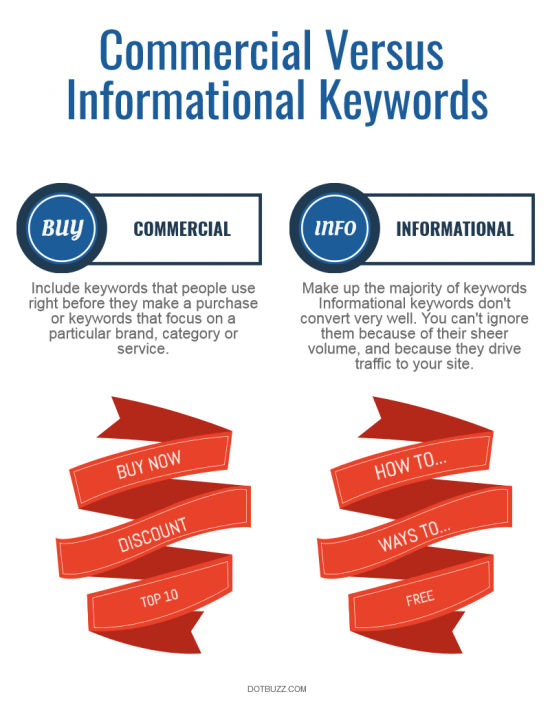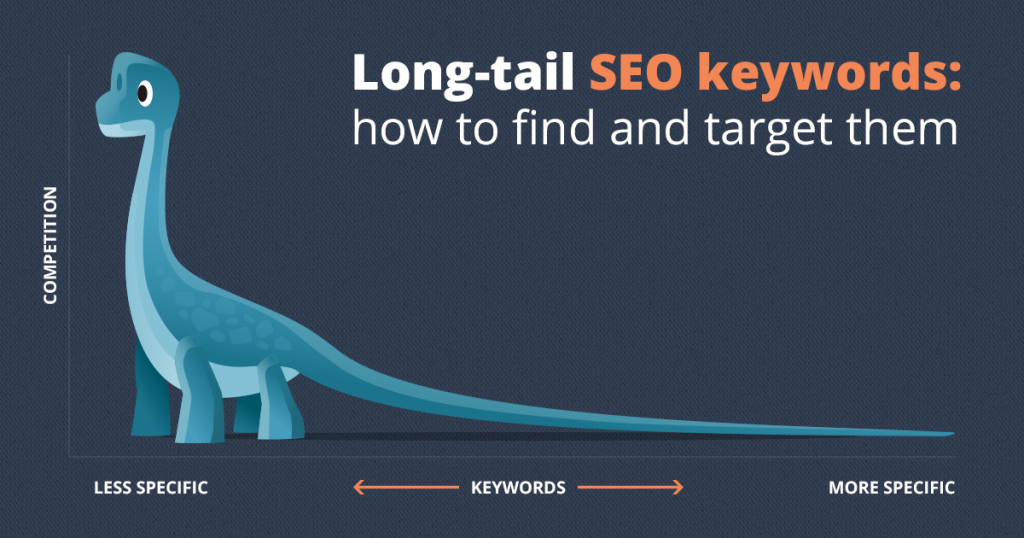Most people have a small attention span, so it’s best to get right to the point with your writing. If you are writing blog posts for your business, they should also be interesting or no one will read them. Here are some tips on how to write engaging content for people and increase your SEO.

Contents
Create Engaging Content for Your Clientele
Think about how many times you have quickly skipped a post because there was nothing enticing about it. Websites are constantly producing fresh content to put out on the internet for others to view daily.
With such a large number of posts out there, if the content you are producing is not engaging, then you will see it having a difficult time cutting through the noise and gaining traffic.
Know the intent of your audience
Keyword research is a huge part of SEO. Whenever you are trying to increase your traffic and SEO, keyword research is the first thing that you do. There are two important keyword classifications: informational and commercial keywords. Before you can write engaging content that tackles a specific issue, you have to comprehend what the reader wants This means that you should be able to determine whether search users are looking with the intention to purchase an item/service or not.
 Informational Keywords: Find information about a particular topic, service, or individual.
Informational Keywords: Find information about a particular topic, service, or individual.
Informational keywords are primarily used for a “how-to” format that is free to a user.
Think back to the last time you typed a sentence starting with “how to” on a search engine. It could be anywhere from, “How to write engaging content” to “How to make lasagna.” Why did you do this? To put it in the simplest terms, because there was an intention or purpose to find quick and free articles, videos, etc.
In order to know what to write, you have to know which keywords your audience is using on a regular basis.
In other words, as an SEO copywriter, write useful content around informational keywords. However, don’t expect the readers to quickly convert over and become customers. Rather, utilize informational keywords in your content to nurture an audience and by doing so, you not only engage them, but also build your brand.
Commercial keywords: Show an ‘intent’ to buy.
Unlike information keywords, commercial keywords are used with a sense of “desperation” from a search user. In other words, there is a mentality of “let’s take some action!” The keywords that are used are informing searches that the user has an intent of purchasing a product or signing up for the email list. This is important because if an individual signs themselves up with an email, they have a higher chance of being converted to a customer.
Commercial keywords usually contain certain prefixes and suffixes, like reviews, buy, order, review, compare, free shipping, fast, order now, etc.
Overall, when you write with commercial keywords in mind, remember that the goal is to provide useful information on how to use the product, its benefits, and its features.
Should you target keywords?
Yes! When optimizing your blog posts for keywords, you should not think about using the keywords as much as possible. Rather, use keywords strategically. Overusing keywords hurts your SEO because search engines consider this keyword stuffing, or including keywords just to make the algorithm happy. Doing so may help you in the short term to get people to your website, but it will hurt you in the long-term because they are more likely to not stick around.

Long-tail keywords
Long-tail keywords are often questions based and keep your post focused on the particular needs and goals of your audience. Visitors searching specific long-tail keywords are more likely to read the whole post and seek even more information from you. This reduces your bounce rate, increasing your time on page, and in general keeps visitors on your website longer. For more information on long-tail research, check out this article on Keyword Research Tips for Blogging: Focus on Long-Tail Keywords.
To sum it all up, long-tail keywords are much more likely to convert, get short term results, and be more engaging.
Finally, write for human visitors, not robots
Storytelling: As an SEO copywriter, storytelling can set you apart, because human beings love good stories. If you can weave your brand story into your blog post, article or video, you will attract more attention. Especially for smaller businesses, you want to add that human element to your blog posts. Here’s an article that’ll help improve your storytelling, Make More Creative Content Using Pixar’s Elements of Storytelling.
Writing content can be difficult, writing engaging content is even harder. Use these tips on how to improve your writing in an engaging way.


